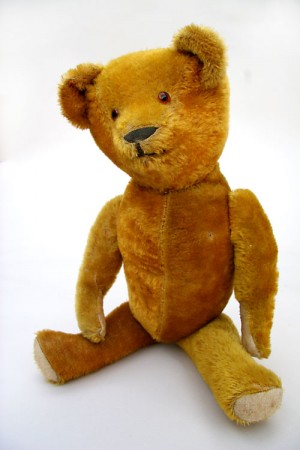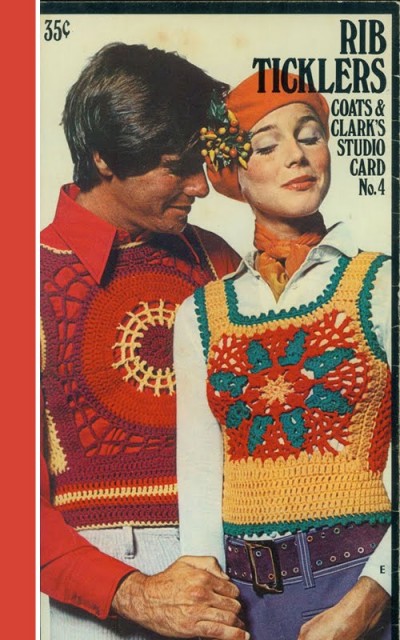Falser Words Were Never Spoken
As a mother, hearing outrageously false statements is my bread and butter. I didn’t even blink when my four-year-old daughter told me that four of her (she has five identical alter egos) grew wings and are flying around outside today. I said that I would love to see them (and I can’t actually imagine a more glorious sight), but she said they are invizzerbul, but that if I listen closely, I will hear them walking around on the roof.
Some of the tall tales I hear are not quite so charming. My two-year-old, for instance, hollered that she was NOT POOPY, even though the evidence of this falsehood was so overwhelming that the very air around her lower half was visibly quivering with unadulterated two-year-old stank.
But still. At least you can see why they would say these things: in the case of my four-year-old, it’s to make life more interesting—or maybe to express how amazing life really is, in a way that the actual facts can’t express. In the case of the toddler—well, actually I don’t know what a toddler would have against having her horrible diaper changed. All I know is that I sure wish I had potty trained her a while ago, when I could still reach past my own belly.
But starting my day out with these missives from the world of fantasy made me wonder something: why do adults say things which are so staggeringly, egregiously, flagrantly false? What motivates people to volunteer information which any moderately sentient frog could tell you isn’t true?
Once, for instance, I saw a bumper sticker that said: “Angels are just teddy bears with wings.”
After I picked up my brain from where it had landed after falling out of my head in pure shock over the sheer ridiculousness of the image, I started to think. I thought and thought and thought about why a person would say such a thing.
I didn’t get very far. I mean, this

is an angel. He says “DO NOT BE AFRAID.”
This

is a teddy bear. He says, “MADE IN CHINA OF 100% POST CONSUMER MATERIALS.”
If an angel is just a teddy bear with wings, then I guess Michelangelo’s Pietà is just a used sandwich bag with a superiority complex. I guess.
Anyway, on to the second example of how falser words were never spoken:
The late great Johnny Cash, like many gifted, even prophetic artists, had an off day from time to time. Case in point: toward the end of “The Man In Black,” in which he explains his several ideological and civic-minded arguments in favor of wearing black, he says, “Ah, I’d love to wear a rainbow every day.”
Now, this is a pretty good song, and I love me some Johnny Cash in general. But every time he gets up to that line, I picture Mr. “God’s Gonna Cut You Down” gazing wistfully at a closet full of poofy Pagliacci blouses, or maybe shuffling with longing through his secret index card box full of nifty, colorful crochet patterns

and thinking, “Man, if only . . . if only . . . ” And then my brain falls out again. And have I mentioned how hard it is for me to reach stuff with my stupid dinky dinosaur arms?
Now, you know and I know that Johnny Cash wore the black for the following reasons:
1. You don’t have to be sober to tell that black pants go with a black shirt.
2. Even when that particular outfit is on its twenty-third straight day of public service, the stains just don’t show.
3. He’s Johnny Cash.
But in this case, I do understand why he would make such an outrageous, patently false statement as “I’d like to wear a rainbow every day.” It’s because he was on deadline! He had to come up with something to say, and he was sitting there at his desk thinking, “Let’s see, a song about a pencil sharpener . . . a song about a coffee cup . . . a song about a fire extinguisher . . . let’s see, let’s see . . . oh, a song about why I wear black clothes! Heck, I’m Johnny Cash—they’d listen to me sing the telephone book.”
And it’s true, we would. If you tell it right, even the dumbest, most pointless topics come off as entertaining and worthwhile, right?
Right?












